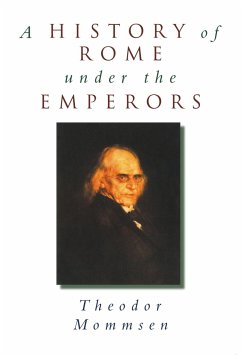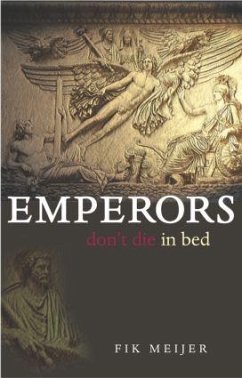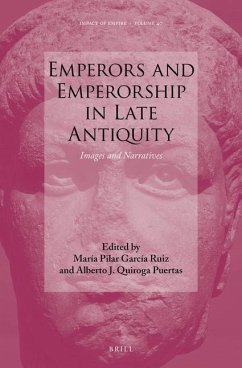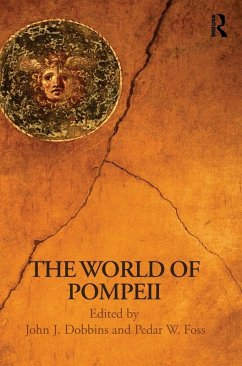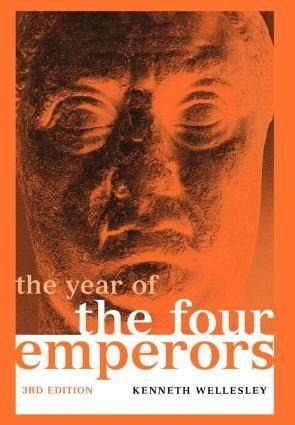
Year of the Four Emperors
Versandkostenfrei!
Versandfertig in über 4 Wochen
178,99 €
inkl. MwSt.
Weitere Ausgaben:

PAYBACK Punkte
89 °P sammeln!
After Nero's notorious reign, the Romans surely deserved a period of peace and tranquility. Instead, during AD69, three emperors were murdered: Galba, just days into the post, Otho and Vitellius. The same year also saw civil war in Italy, two desperate battles at Cremona and the capture of Rome for Vespasian, which action saw the fourth emperor of the year, but also brought peace. This classic work, now updated and reissued under a new title, is a gripping account of this tumultuous year. Wellesley also focuses on the year's historical importance, which also marked the watershed between the fi...
After Nero's notorious reign, the Romans surely deserved a period of peace and tranquility. Instead, during AD69, three emperors were murdered: Galba, just days into the post, Otho and Vitellius. The same year also saw civil war in Italy, two desperate battles at Cremona and the capture of Rome for Vespasian, which action saw the fourth emperor of the year, but also brought peace. This classic work, now updated and reissued under a new title, is a gripping account of this tumultuous year. Wellesley also focuses on the year's historical importance, which also marked the watershed between the first and second imperial dynasties.





